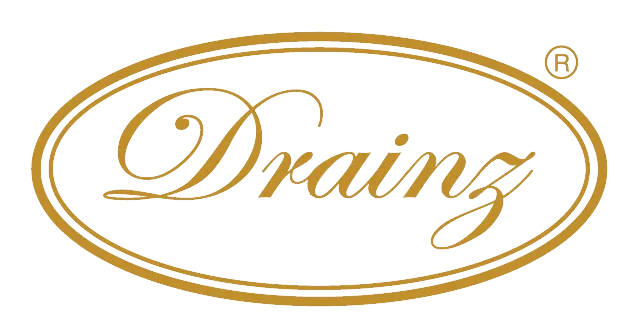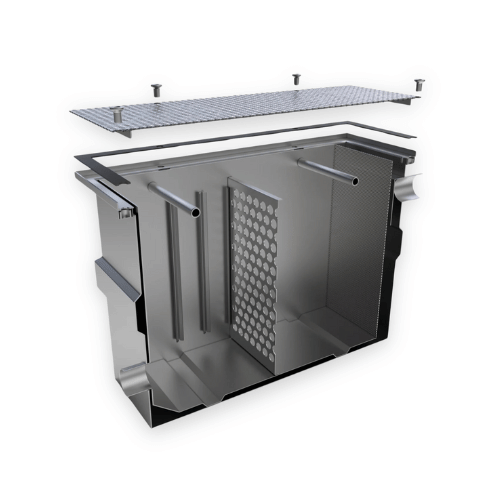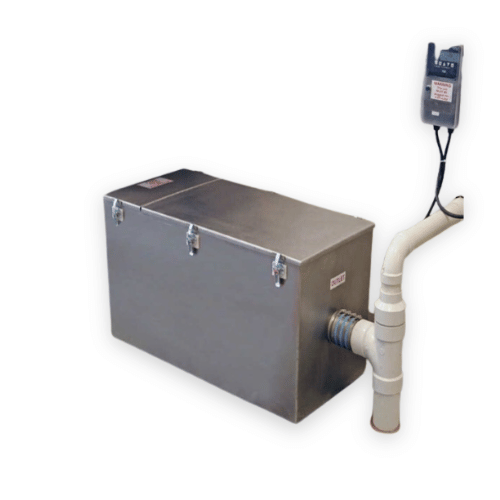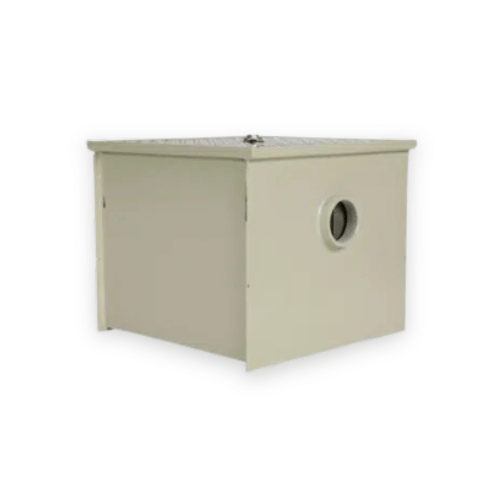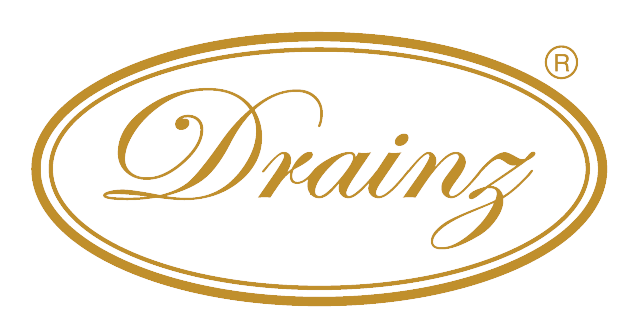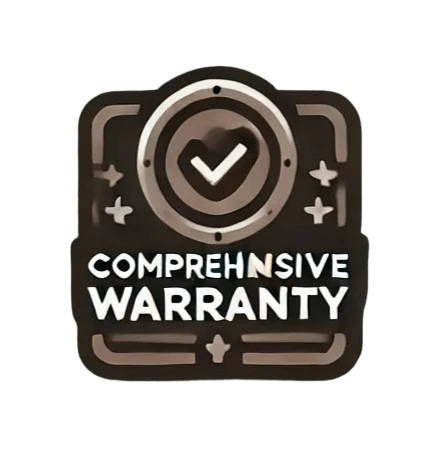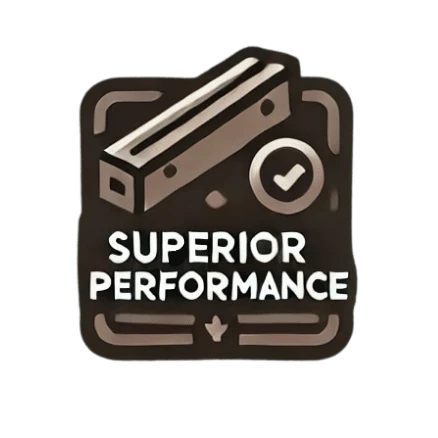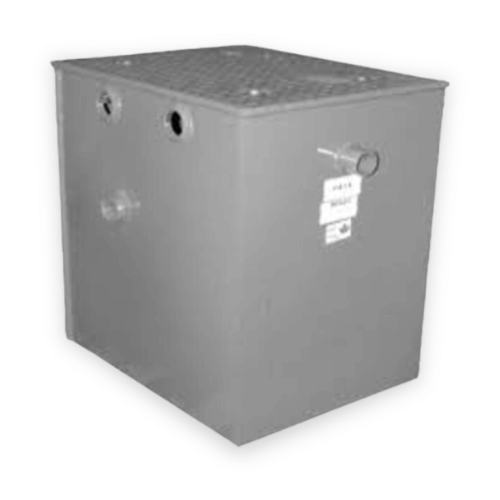Interceptors are essential components in managing wastewater in both residential and commercial settings. They work by separating and retaining undesirable materials like grease, oils, and other debris through physical or chemical processes. This separation helps maintain the integrity of plumbing systems and complies with environmental regulations by preventing harmful contaminants from reaching natural waterways.
Applications: Interceptors are indispensable in industries where water contaminated with grease, oil, lint, or other materials is a byproduct of the operational processes. They are also crucial in municipalities aiming to reduce the environmental impact of wastewater by effectively treating and managing waste before it enters the sewage system.
Benefits:
- Prevents Drainage and Sewer Blockages: By capturing grease, oil, and other materials, interceptors keep the main sewage lines clear of obstructions.
- Reduces Environmental Impact: They play a vital role in preventing pollutants from entering natural water bodies, thus protecting aquatic life and maintaining the quality of water sources.
- Compliance with Regulations: Many localities require the installation of specific types of interceptors under environmental protection laws to manage waste effectively and responsibly.
